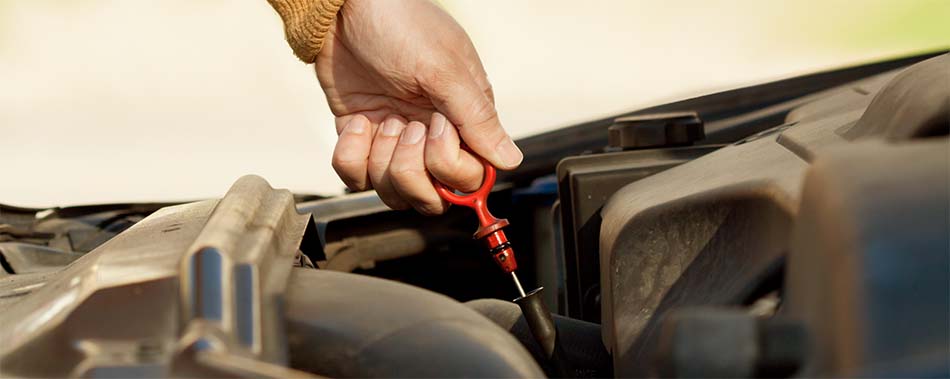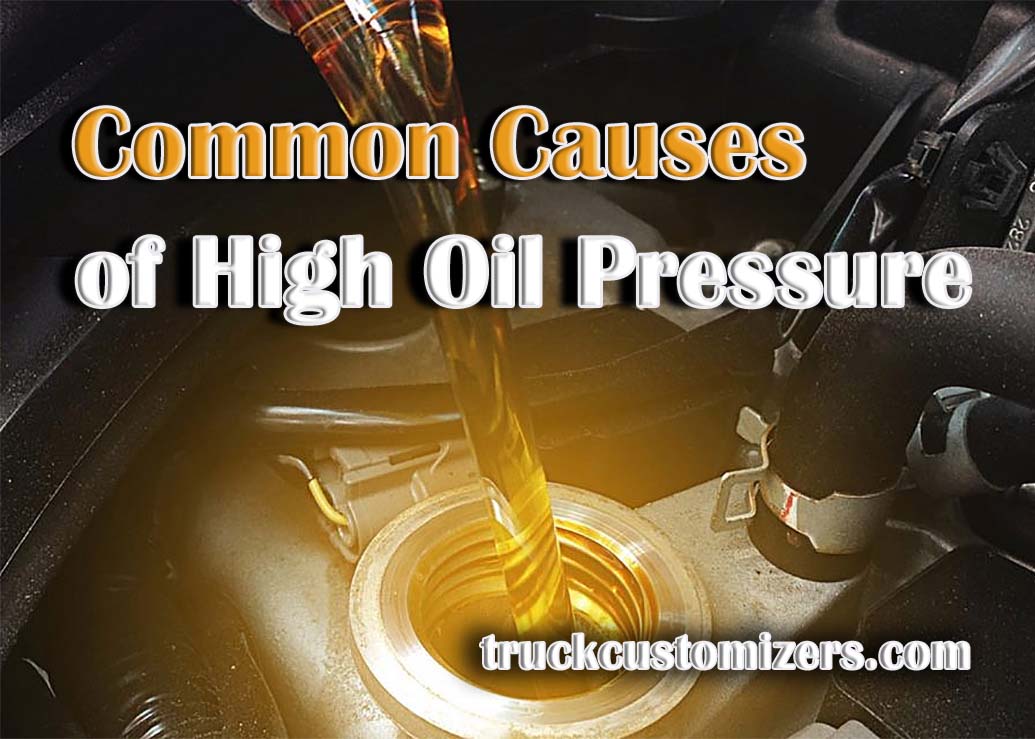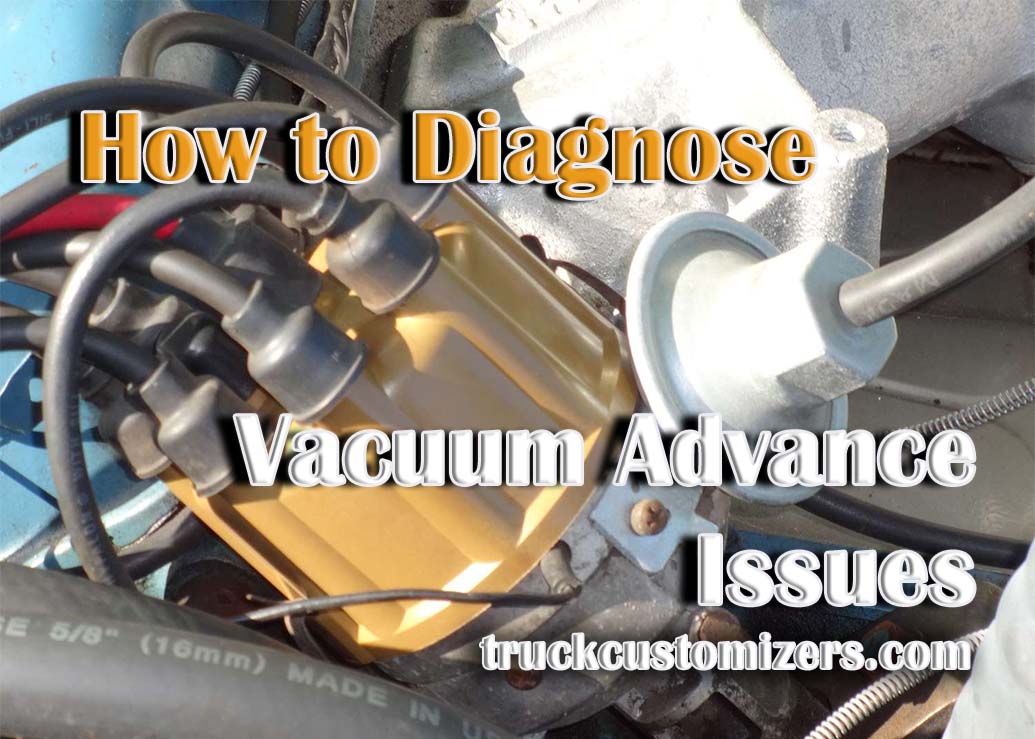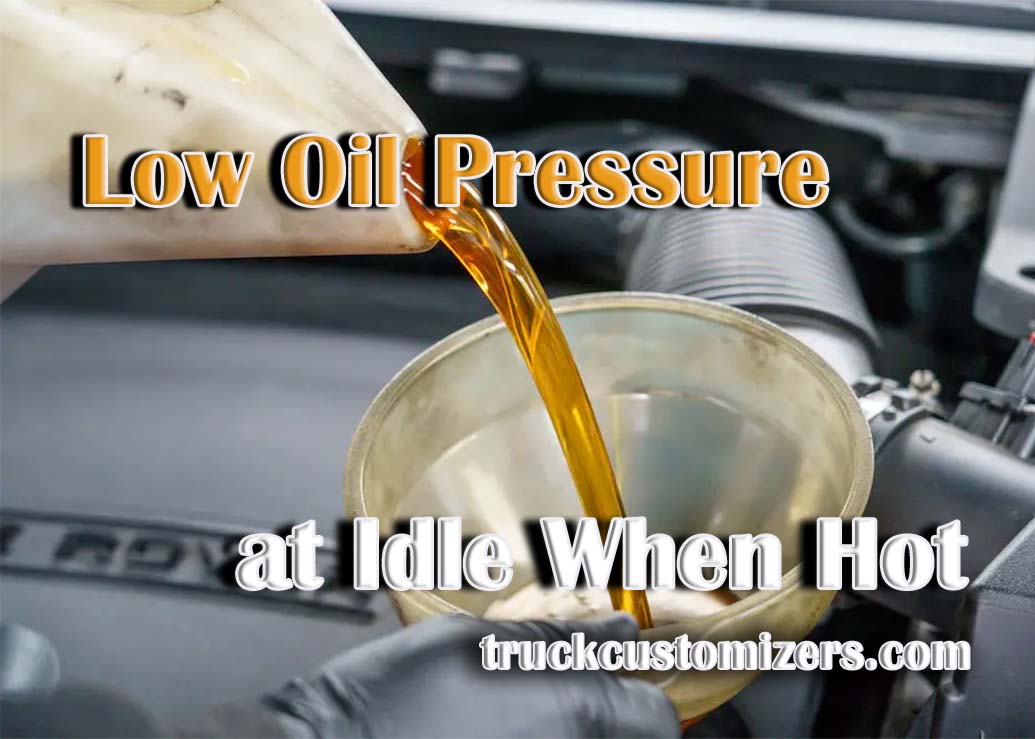High oil pressure can be a sign of a serious problem, and it can lead to engine damage if left unattended. It is important to understand the common causes of high oil pressure and to take appropriate action if you experience this issue with your vehicle. In this article, we will discuss the most common causes of high oil pressure, how to diagnose the problem, and the steps that can be taken to address it.
Common Causes of High Oil Pressure
Clogged or Restricted Oil Passage Ways
One potential cause for high oil pressure is a clogged or restricted oil passage way. This situation occurs when there is an obstruction in one of the pathways the oil must travel through in order to lubricate parts inside your engine. This type of blockage can cause excessive pressure due to a lack of circulation throughout all components in your engine, which results in higher-than-normal operating temperatures and an increase in friction as parts attempt to move against each other without proper lubrication.
Worn Bearings or Seals
Another potential cause for high oil pressure is worn bearings or seals within the engine itself. Over time, wear and tear on these components causes them to become less effective at containing the oil, which can lead to an increase in pressure. This type of damage is usually accompanied by a decrease in fuel economy, loss of power, and increased engine noise.

Faulty Gauge
In some cases, the oil pressure gauge itself may be malfunctioning and displaying inaccurate readings. It is important to check your vehicle’s manual or consult a professional to ensure that your gauge is working properly before taking any action.
| Cause | Description |
| Clogged or Restricted Oil Passage Ways | Obstruction in one of the pathways the oil must travel through to lubricate parts inside your engine. |
| Worn Bearings or Seals | Over time, wear and tear on these components causes them to become less effective at containing oil, leading to an increase in pressure. |
| Faulty Gauge | The oil pressure gauge itself may be malfunctioning and displaying inaccurate readings. |
Diagnosing a High Oil Pressure Problem
If you experience high oil pressure with your vehicle, it is important to identify the cause before taking any action. A professional mechanic will be able to take a look at your engine and diagnose the source of the problem. They can also help you determine if any other components may be affected by the high oil pressure, such as pistons or rings that require replacement. Additionally, they will often use specialized tools such as a pressure gauge tester or an infrared thermometer to accurately measure and locate the source of the issue.
Taking Action for High Oil Pressure
Once you have identified the cause of your high oil pressure issue, there are various ways you can address it depending on what is causing it in the first place. For example, if clogged or restricted oil passage ways are the cause, then you may need to flush the engine with a cleaner designed to clear away any obstructions. If worn bearings or seals are the issue, then you may need to replace them in order to restore proper functioning of your engine. Additionally, if your gauge is faulty, you may need to take it in for repair or replacement.
Conclusion
High oil pressure can be a sign of a serious problem and should not be taken lightly. It is important to understand the common causes of high oil pressure and how to diagnose and address it in order to keep your vehicle running safely and efficiently over time.



